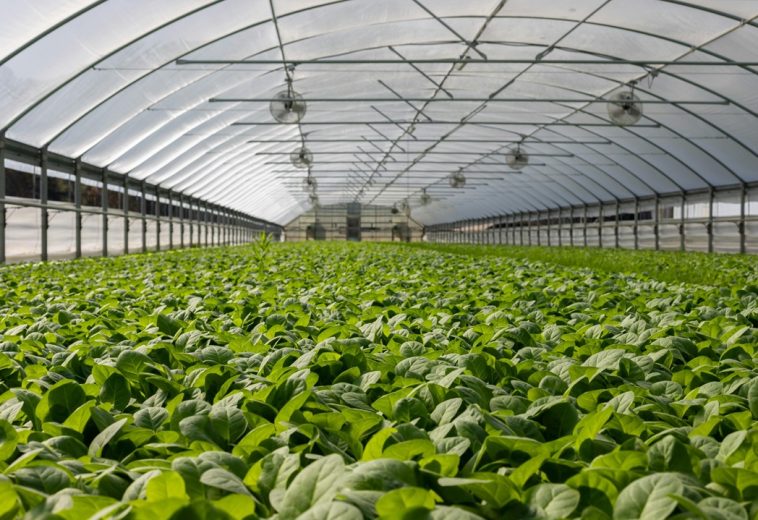Africa’s vast reserves of mineral wealth—gold, diamonds, cobalt, copper, and uranium, among others—have long positioned the continent as a key player in the global commodities market. The mining sector fuels economic growth, generates employment, and serves as a critical revenue stream for many African nations. However, beneath the surface of this multi-billion-dollar industry lies a stark reality: environmental devastation, human rights violations, systemic corruption, and deepening inequality continue to plague communities dependent on mining.
Despite its potential, the industry’s unchecked expansion has often come at a steep cost. In this article, we delve into the hidden toll of mining in Africa, highlighting the environmental, social, and economic challenges that demand urgent attention—and more importantly, offering strategies for a way forward.
READ ALSO: Inside Africa’s Crusade Against Illegal Mining
Environmental Degradation
Mining activities in Africa have caused severe environmental damage. The extraction process often involves the use of toxic chemicals such as mercury and cyanide, leading to widespread contamination of soil, water, and air. Additionally, the industry generates significant waste, including hazardous by-products.
Take Ghana, for instance, where gold mining has been linked to deforestation, river pollution, and the displacement of rural communities. Cocoa farms—a vital part of Ghana’s economy—have been destroyed by mining operations. Such environmental degradation not only threatens livelihoods but also undermines long-term economic stability.
Human Rights Abuses: Communities at Risk
The mining sector has a well-documented history of human rights abuses, including forced displacement, poor labor conditions, and the exploitation of artisanal miners. Many communities are evicted from their ancestral lands with little or no compensation.
In the Democratic Republic of Congo (DRC), cobalt mining has drawn global attention due to reports of child labor and dangerous working conditions. The DRC supplies over 60% of the world’s cobalt, a critical component in batteries for electric vehicles. However, an estimated 40,000 children work in artisanal mines, often exposed to toxic substances without proper safety measures.
Case Studies: Illustrating the Impact
Cobalt Mining in the DRC
The DRC’s cobalt industry exemplifies the stark human costs of mining. Reports from organizations such as Amnesty International have highlighted the prevalence of child labor, forced labor, and unsafe conditions. In 2019, a study by the International Labor Organization (ILO) revealed that many artisanal miners, including children, risk severe health problems due to prolonged exposure to toxic chemicals.
Oil Spills in Nigeria
Nigeria, Africa’s largest oil producer, faces ongoing environmental disasters stemming from oil extraction. In 2010, an oil spill in the Niger Delta released approximately 3.3 million barrels of oil, wreaking havoc on local ecosystems and displacing thousands of residents. The Ogoni people, in particular, have endured decades of environmental damage and social unrest due to the oil industry.
Uranium Mining in Niger
Niger, a leading global supplier of uranium, has seen significant environmental and health impacts from mining. A 2013 report by the French NGO Sherpa highlighted widespread contamination of water sources and rising health issues among local populations. Radiation exposure and polluted drinking water remain critical concerns.
Corruption: A Persistent Challenge
Corruption is a pervasive issue in Africa’s mining industry. Opaque dealings, bribery, and a lack of regulatory oversight enable the concentration of wealth among political elites and multinational corporations while local communities see minimal benefit.
South Africa’s mining sector, for example, has faced criticism for its ties to powerful political figures and insufficient transparency. This lack of accountability perpetuates inequality and undermines trust in both government and industry.
Poverty and Inequality: Who Really Benefits?
Despite generating billions in revenue, mining has often failed to alleviate poverty in many African countries. In Zambia, one of the world’s largest copper producers, local communities remain impoverished despite decades of mining activity. The industry’s wealth frequently benefits a select few while environmental degradation and social disruption disproportionately affect the poor.
Sustainable and Responsible Mining
Mitigating the negative impacts of mining requires a coordinated effort from governments, corporations, civil society organizations (CSOs), and local communities. Here are key strategies for reform:
Strengthen Regulatory Frameworks
Governments must establish and enforce robust regulations to ensure responsible mining practices. Clear guidelines and penalties for environmental violations and human rights abuses are essential.
Promote Transparency and Accountability
Transparency in mining operations is critical. Companies should publicly disclose their environmental and social impacts, while governments must create independent bodies to monitor compliance and report violations.
Conduct Comprehensive Impact Assessments
Mining companies should be required to perform thorough environmental and social impact assessments before commencing operations. These assessments should guide strategies to mitigate potential risks.
Implement Sustainable Practices
Adopting sustainable mining practices can reduce environmental harm. This includes using renewable energy sources, minimizing water usage, and rehabilitating mined land.
Respect Human Rights
Mining companies must adhere to international human rights standards, ensuring that local communities are consulted and fairly compensated. Free, prior, and informed consent should be a prerequisite for any new project.
Support Community Development
A portion of mining revenues should be reinvested in local communities through infrastructure projects, healthcare, and education. Companies can foster goodwill by actively contributing to local development.
Encourage Artisanal and Small-Scale Mining (ASM)
ASM provides livelihoods for millions of Africans. Governments and companies should support this sector by formalizing operations, providing training, and ensuring access to markets.
Roles and Responsibilities
Governments
Establish and enforce comprehensive regulations.
Provide oversight and ensure compliance through independent monitoring bodies.
Support local development through targeted investments in infrastructure, education, and healthcare.
Mining Companies
Adopt and adhere to sustainable mining practices.
Respect human rights and provide fair compensation.
Foster partnerships with local communities and support their long-term development.
Civil Society Organizations (CSOs)
Monitor mining operations and report violations.
Advocate for policy changes and greater corporate accountability.
Support affected communities through capacity-building initiatives.
Conclusion
Africa’s mining sector holds immense potential to drive economic growth and development. However, realizing this potential requires addressing the deep-seated issues that plague the industry. By strengthening regulations, promoting transparency, respecting human rights, and investing in sustainable practices, stakeholders can help turn Africa’s mining industry into a force for positive change.
The path forward is challenging, but with coordinated action and a commitment to fairness, sustainability, and accountability, it is possible to create a mining sector that benefits all Africans—not just a privileged few.




